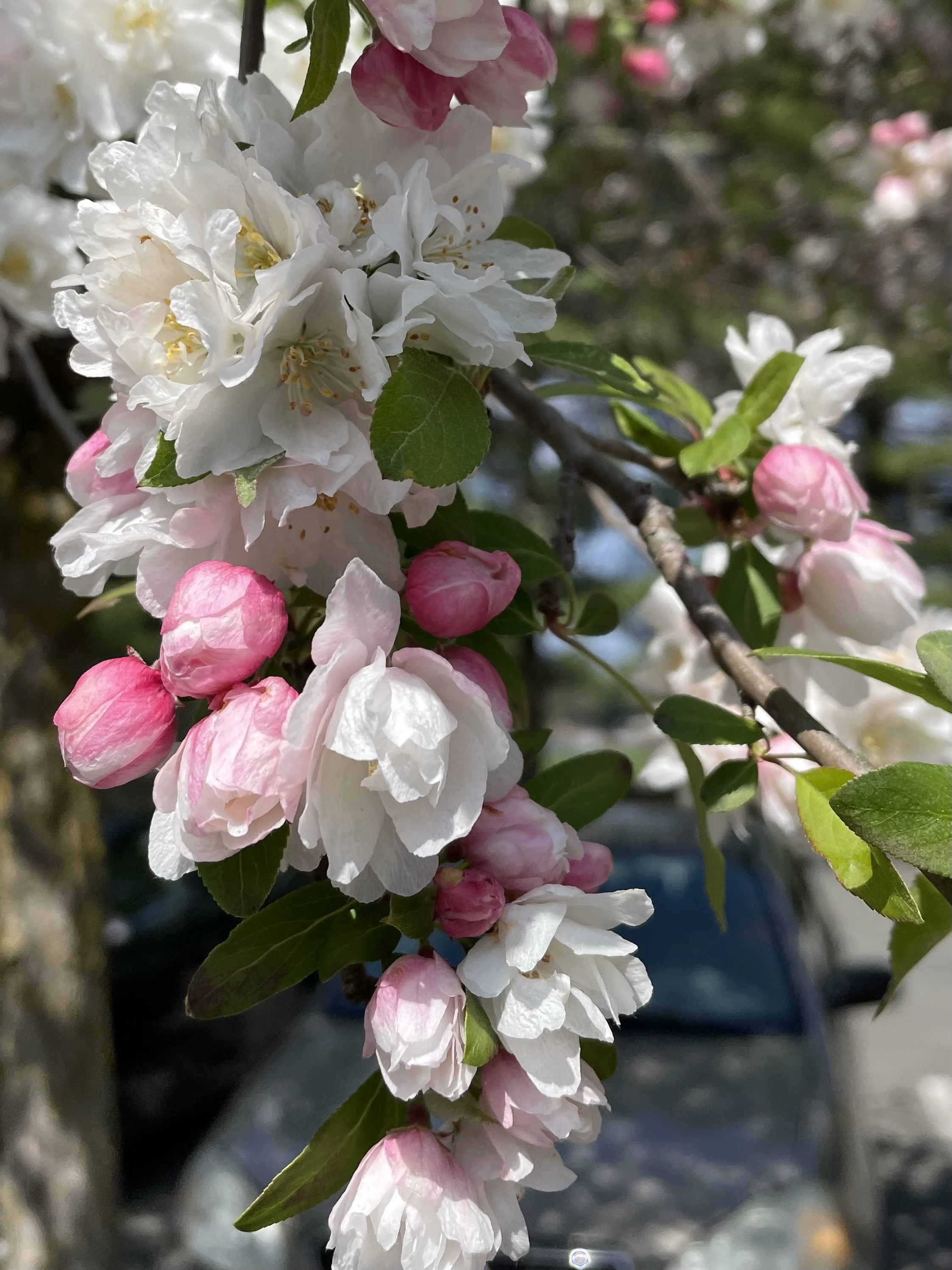Emily's Revery
Dear Friends,
Reverie is a special human skill. It comes from French rèver, to dream, but it tends to refer to a waking exploration, an absorbed state that playfully includes elements of memory and invention. When the given world is not enough, or has gone wrong, we take refuge in reverie. For Emily Dickinson, "revery" alludes with characteristic understated lightness to the enormous creative capacity she felt within herself:
To make a prairie it takes a clover and one bee.
One clover, and a bee,
And revery.
The revery alone will do,
if bees are few.
We have spoken before about how her "bees" often stand in for BE-ing. In an earlier poem, she mentioned counting "all the bees that in the clover dwell," as if to admire and enumerate all that is. Here, she initially acknowledges the creative, generative capacity of the given world itself. Consider the power of pollination: with one clover, one bee, a whole prairie-full can be generated.
But what did it really take for that clover and bee to exist? Well, it took the mind of God. It took reverie on a grand scale, so we include that too in the minimum requirements for a prairie. And it takes our own minds: the perception, the awareness, without which there is no prairie as such. Our minds rove over the prairie's undulations to create it.
But if there is no prairie, no prayer-y, if we have made the world profane and barren, if destruction continues over the Holy Land, then it is reverie, the capacity to imagine a better way, that is our flimsy, sufficient hope. Does it seem too flimsy? Today at 11 we'll explore the limits of our prayerful human power.
wishing you joy,
Michael




